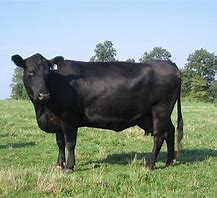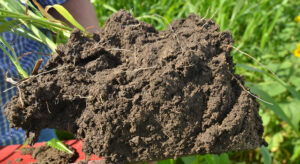 By, Stephen Komar and Michelle Infante-Casella
By, Stephen Komar and Michelle Infante-Casella
Livestock producers are eligible for USDA’s Coronavirus Food Assistance Program 2 (CFAP 2). If you commercially raise animals for food, fur, fiber, or feathers, you may be eligible for assistance. Check to see if you raise eligible livestock through the USDA’s Eligible Commodities Finder.
USDA’s Farm Service Agency will accept CFAP 2 applications through December 11, 2020.
Learn more at https://www.farmers.gov/cfap or call 877-508-8364 to speak directly with a USDA employee ready to offer assistance.
 You may have seen this information in the November 5th “Morning Ag Clips” edition. If not, please see this information being reposted here about webinars on soil health being held on November 17th and 18th.
You may have seen this information in the November 5th “Morning Ag Clips” edition. If not, please see this information being reposted here about webinars on soil health being held on November 17th and 18th.